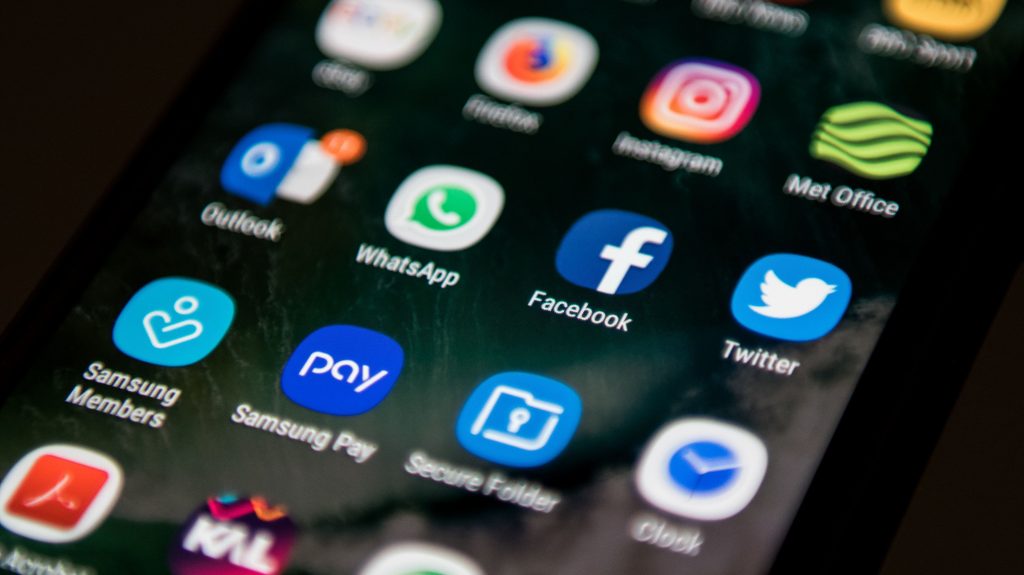
New legislation introduced Friday by three Democratic senators purportedly aimed at holding social media companies accountable for harassment and discrimination on their platforms could have dire consequences unforeseen by the bill’s authors, experts said.
The SAFE TECH Act, introduced by Sens. Mark Warner, Mazie Hirono, and Amy Klobuchar on Friday, seeks to reform several key provisions in Section 230 of the Communications Decency Act, long considered one of the most important laws protecting online speech. The proposed changes are meant to ensure the law doesn’t impair the enforcement of civil rights laws and others addressing the cyberstalking, harassment, or intimidation of protected classes online.
Across the political spectrum, Section 230, which allows judges to more easily dismiss lawsuits related to online content moderation, has become a scapegoat in the debate over online speech. Those on the right complain that the law enables widespread censorship of conservative voices. Critics on the left claim it gives immunity to platforms like Facebook and Twitter when users post hateful and violent rhetoric.
In a statement, Warner said the internet looks very different today than when Section 230 was originally passed in 1996. “A law meant to encourage service providers to develop tools and policies to support effective moderation has instead conferred sweeping immunity on online providers even when they do nothing to address foreseeable, obvious and repeated misuse of their products and services to cause harm,” he said.
But experts, including Sen. Ron Wyden—one of two lawmakers who helped write Section 230—said the SAFE TECH Act would likely impact the internet ecosystem in myriad and unexpected ways.
“This legislation has some admirable goals,” Wyden said. “Unfortunately, as written, it would devastate every part of the open internet, and cause massive collateral damage to online speech.”
The SAFE TECH Act’s authors say one proposed change is aimed at preventing companies like Facebook from profiting off advertisements that expose users to scams and fraud. But experts said the bill’s language is likely too broad; it would not simply exclude advertisements and paid content from Section 230’s liability protections, but virtually any service in which companies accept payment. In other words, web-hosting providers, such as AWS, could become liable for the user-created content on the websites or apps that they serve.
“The ‘payment’ language appears to apply to more than just advertisements. There are a number of services, such as website hosting, for which service providers accept payment to make speech available,” said Jeff Kosseff, a cybersecurity law professor and author of the Section 230 book, The Twenty-Six Words That Created the Internet.
“Creating liability for all commercial relationships would cause web hosts, cloud storage providers and even paid email services to purge their networks of any controversial speech,” Wyden added. “This bill would have the same effect as a full repeal of 230, but cause vastly more uncertainty and confusion, thanks to the tangle of new exceptions.”
Another potential issue arises from changes that could prevent judges from issuing summary judgements to dismiss frivolous lawsuits on Section 230 grounds, increasing legal costs for companies that get bombarded with civil suits.
“The affirmative defense language likely increases the amount of litigation that must take place before a court can dismiss a case under Section 230,” said Kosseff.
Eric Goldman, a professor at Santa Clara University Law School, said that rather than carefully targeting one area of the law for change, the SAFE TECH Act tries to “stitch together” an array of “unrelated policy ideas that expose the drafters’ lack of clear understanding of how Section 230 actually works.”
“My question for the drafters is: what services do they think will still qualify for Section 230 if this reform goes through; how likely is it that those services will do what the members of Congress want; and will those services be able to afford to remain in business?” Goldman said. Without clear and convincing answers to those questions, he added, the bill only serves to create “potentially dire consequences for the Internet we know and love.”
Many of these imaginable consequences would ultimately depend on how the changes to Section 230 are interpreted by the courts. The bill’s text could also be fundamentally altered in committee or in the House prior to receiving a vote.
The SAFE TECH Act was widely endorsed upon announcement by several groups working to curb hate and extremism online, including the Anti-Defamation League and the Center for Countering Digital Hate.
“Tech companies should not be able to hide behind Section 230 to avoid abiding by civil rights laws, court injunctions, and other protections for families and the most vulnerable in society,” said James P. Steyer, CEO and founder of Common Sense. “Reforms proposed by Sens. Warner and Hirono begin to change that. It is time to hold these companies accountable for the harms their platforms have unleashed on society.”





























